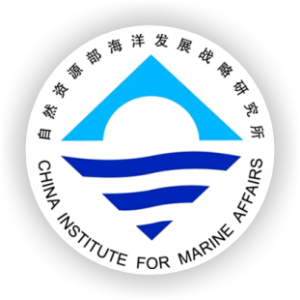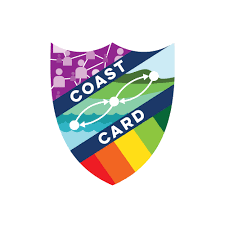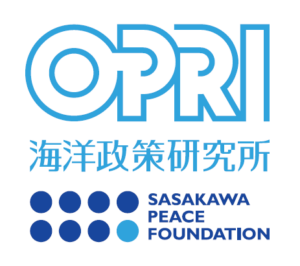


Convenor
- China Institute for Marine Affairs (CIMA)
- COAST CARD Japan
- Ocean Policy Research Institute - Sasakawa Peace Foundation (OPRI-SPF)
Overview
In the East Asia region, there is a wide variety of political, economic, and social systems. It is composed of some of the most heavily populated cities and countries in the world. From the perspective of the ocean, the region is characterized not only with its unique marine and coastal settings, such as large marine ecosystems, island chains, vast gulfs, and crowded straits, but also commercially important fishing and mariculture grounds and rich offshore mineral resources such as gas and oil. However, the rapid economic development and massive population growth in the region have inevitably resulted in enormous pressures on the marine environment and its resources.
Various issues of ocean governance should be considered to enforce the resilience of the Seas of East Asia, including the development speed and phase of institutional frameworks, the suitable and executable assessment tool, and the implementation regime in the field. Especially multi-layered ocean governance of regional-national-local methodologies should be implemented.
In this session, we will first present an overview of regional governance models around the world and scale down to national case studies on coastal management in Japan, China, RO Korea and Southeast Asian countries. Second, we will consider coastal governance methodology from the view of local community engagement from a bottom-up perspective of governance and should provide a shared future and a role for voluntary participation by stakeholders. Finally, a panel discussion will be held to discuss how we can implement holistic and inclusive ocean governance in the Seas of East Asia with these characteristics. A multi-layered ocean governance will be introduced as a methodology to fill the gap between top-down and bottom-up governance.
Program
| TIME | AGENDA |
| 14:30 – 14:35 | Moderator
|
| 14:35 – 14:38 | Opening Remarks
|
| 14:38 – 15:38 | Regional Sea Governance and the Role of the Epistemic Community
What is Coastal Zone: Definition and Range
The Best Practices of Coast Management in Southeast Asia Countries
Promoting ICM in Tokyo Bay: Exercise of Social Transformation to Achieve
The Practices of Coastal Management in Xiamen
Dynamic Evolution of Coastal and Marine Spatial Policy Regime of RO Korea
|
| 15:38 – 16:18 | Panel Discussion
|
| 16:18 – 16:30 |
|
